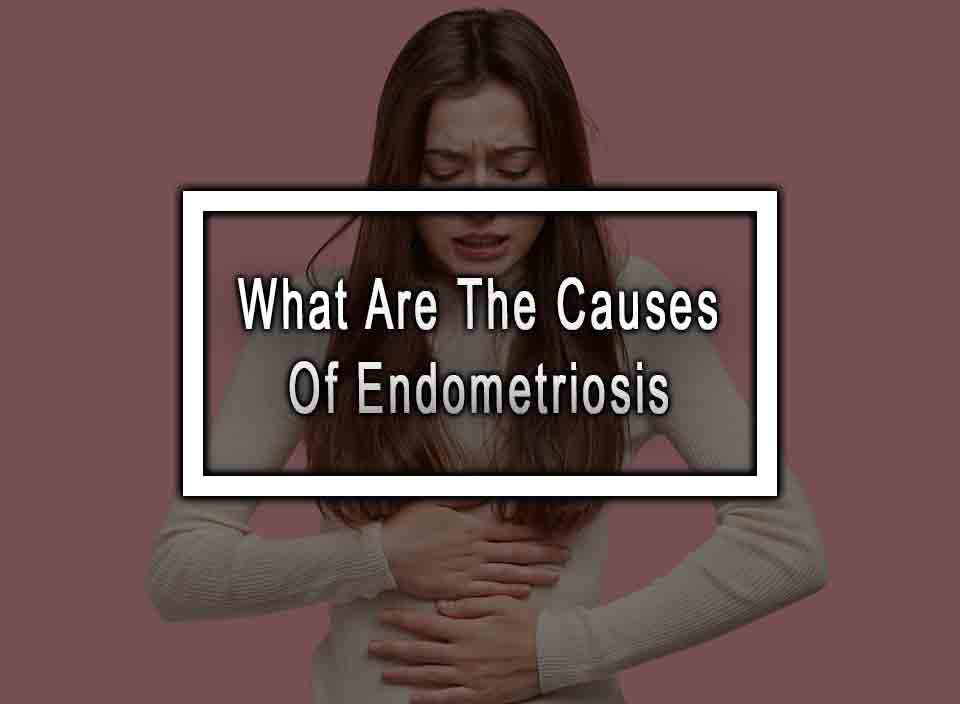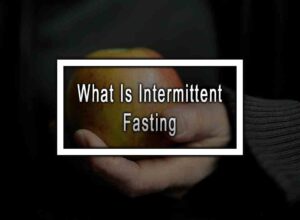Table of Contents
ToggleHere Are Some Causes Of Endometriosis
Endometriosis is a gynecological condition that has become a major concern in women’s health. It affects about 10% of reproductive-aged women and is characterized by the growth of endometrial tissue outside the uterus, often leading to chronic pain and infertility. Despite its prevalence, the exact causes of endometriosis are not well understood. In recent years, research has shed light on potential factors that contribute to the development of endometriosis. This article will explore the various factors and causes that have been linked to endometriosis.
Hormonal Imbalance
Hormonal imbalances have long been associated with the development of endometriosis. Specifically, estrogen has been implicated as a primary driver of the disease. The theory is that estrogen fuels the growth and proliferation of endometrial tissue outside the uterus. In some cases, women with endometriosis have higher levels of estrogen in their bloodstream, which can lead to the spread of endometrial tissue to other parts of the body. This is supported by the fact that endometriosis symptoms tend to worsen during a woman’s menstrual cycle when estrogen levels are at their peak. Moreover, the condition tends to improve during menopause when estrogen levels decline.
Genetics
Genetics may play a role in the development of endometriosis since it often runs in families. Women who have a first-degree relative with endometriosis are at a higher risk of developing the condition themselves. Recent studies have identified specific genetic mutations that may be linked with endometriosis. Researchers have found that certain genes involved in hormone regulation and inflammation have been implicated in the condition’s development. One gene, in particular, called the ESR1 gene, has been shown to be more prevalent in women with endometriosis.
Immune System Dysfunction
One of the causes of endometriosis is immune system dysfunction. It is believed that women with endometriosis may have a compromised immune system, making them more susceptible to the development of endometrial tissue outside the uterus. It is believed that the immune system is involved in recognizing and destroying endometrial tissue when it sheds during menstruation. However, in women with endometriosis, the immune system may not identify or destroy the endometrial tissue that grows outside the uterus.
Environmental Factors
Some of the causes of endometriosis are environmental factors, such as exposure to toxins and chemicals, have also been linked to the development of endometriosis. Studies have shown that women who have been exposed to certain chemicals, such as dioxins, polychlorinated biphenyls (PCBs), and pesticides, have a higher risk of developing endometriosis. Exposure to these chemicals can disrupt hormone levels and affect the immune system, making women more susceptible to developing endometriosis.
Conclusion
what are the causes of endometriosis? In conclusion, endometriosis is a complex condition that has numerous potential causes. Hormonal imbalances, genetics, immune system dysfunction, and environmental factors have all been implicated in the development of the disease. While we still have much to learn about endometriosis, research is beginning to shed light on the various factors that contribute to the disease. Furthermore, studies offer hope that more effective treatments could be developed, which may improve the quality of life for millions of women living with endometriosis. Education and awareness are keys in the fight against endometriosis, and we must continue to invest in research to better understand the root causes of the condition.
Causes Of Endometriosis FAQ
Here are the most common questions about the causes of endometriosis.
Who is at risk for endometriosis?
Endometriosis can affect anyone who has menstrual periods, but it is most commonly diagnosed in women in their 30s and 40s. Women who have never had children, have a family history of the condition or have a history of pelvic infections or surgery may be at higher risk.
What are the symptoms of endometriosis?
The most common symptom of endometriosis is pelvic pain, which can range from mild to severe. Other symptoms may include painful periods, painful intercourse, heavy menstrual bleeding, and infertility.
How is endometriosis diagnosed?
Endometriosis is typically diagnosed through a combination of medical history, physical exam, and imaging tests such as ultrasound or MRI. In some cases, a laparoscopy (a minimally invasive surgical procedure) may be performed to confirm the diagnosis.
How is endometriosis treated?
Treatment for endometriosis may include pain medication, hormone therapy, or surgery. In some cases, a combination of treatments may be used. The goal of treatment is to reduce pain and improve quality of life, as well as to increase the chances of getting pregnant if fertility is a concern.
Can endometriosis be cured?
Currently, there is no cure for endometriosis, but symptoms can be managed through treatment. Surgery can remove endometrial tissue, but it is not a permanent solution as the tissue may grow back. Hormone therapy can also help to manage symptoms, but it cannot eliminate endometriosis entirely.
Can endometriosis cause infertility?
Endometriosis can make it more difficult to conceive, as it can affect the function of the fallopian tubes and ovaries. However, many women with endometriosis are still able to conceive and carry a pregnancy to term with the help of fertility treatments.
Is endometriosis a form of cancer?
No, endometriosis is not a form of cancer. Though it can cause pain and discomfort, it is not life-threatening.
More like this: 7 Steps To Quitting Smoking












